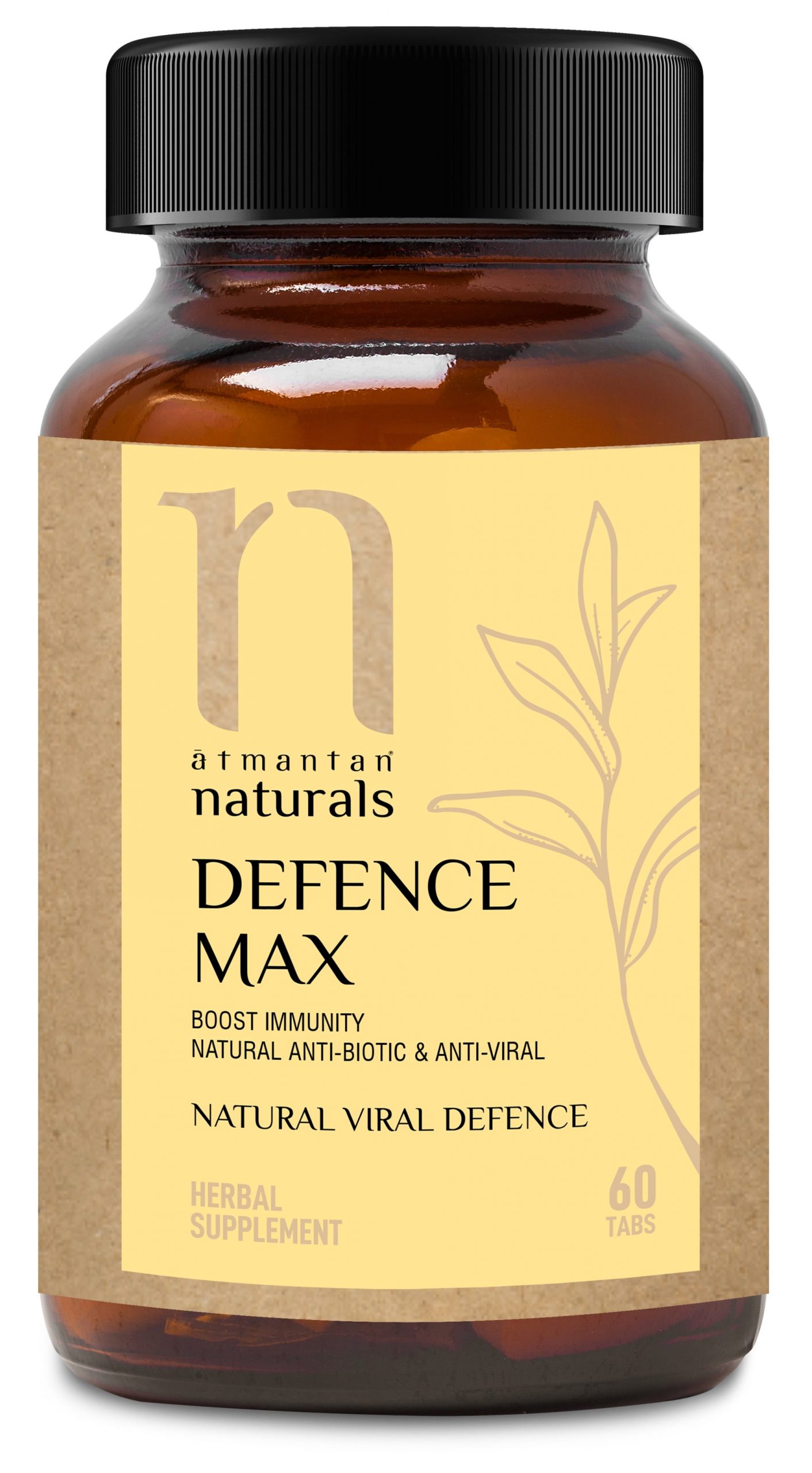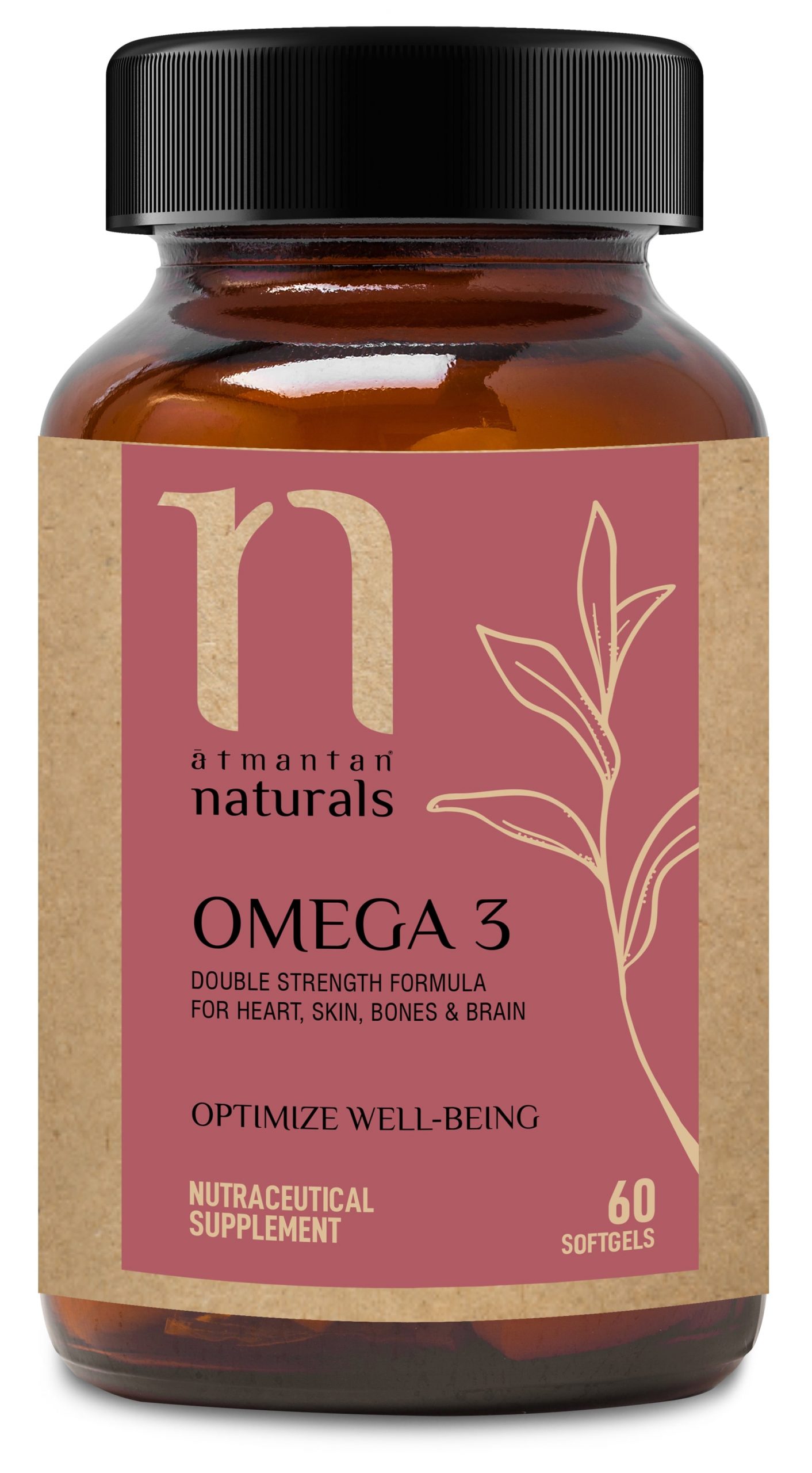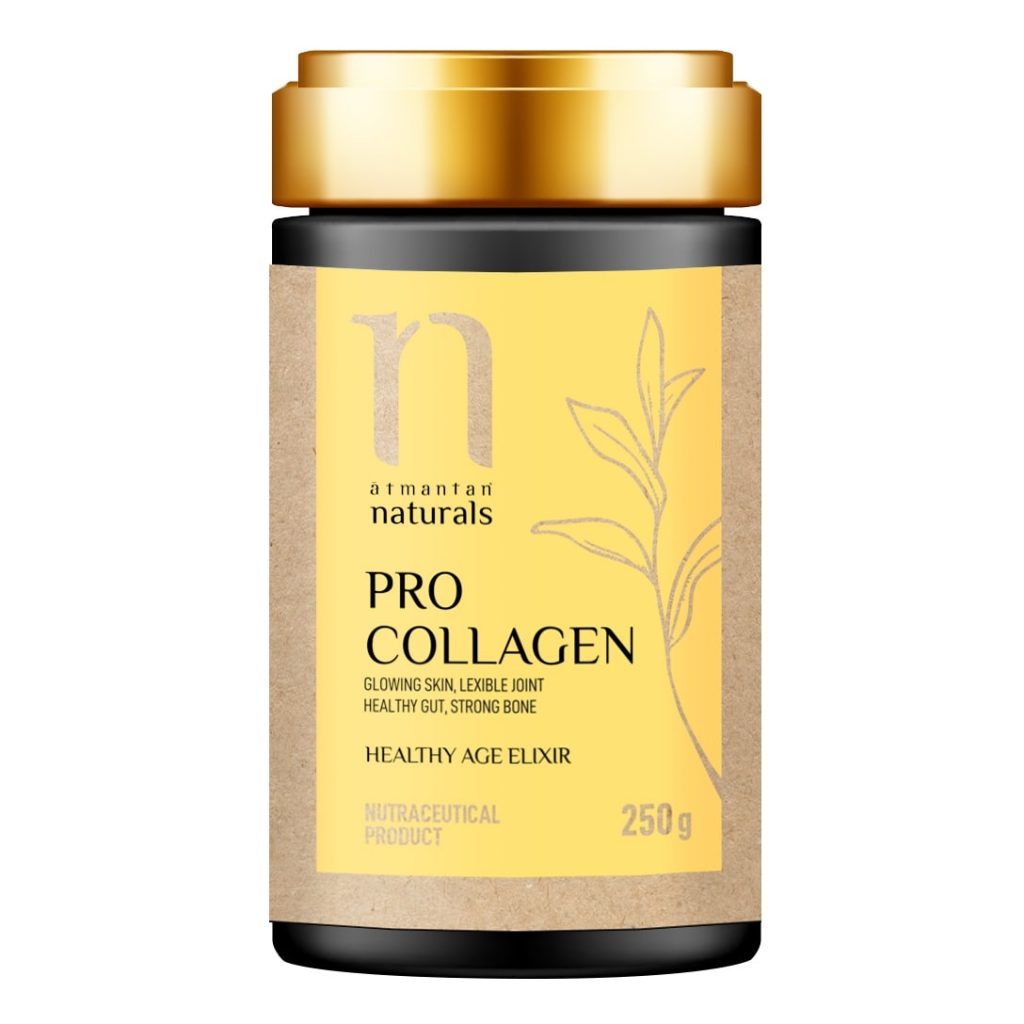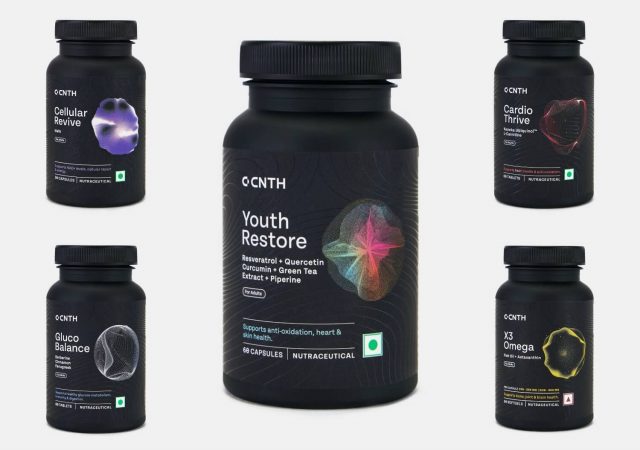By Dr Manoj Kutteri, Director & Chief Healing Officer, Atmantan Naturals
Diet is an integral part of being young. It is extremely important to take care of one’s body during the period of growing and it is equally important to maintain this for continued health enhancement. A balanced meal plan is critically important during this phase and for this it is advisable to eat a variety of food from the major five food groups. A diet rich in micronutrients and fiber are important for maintaining a positive lifestyle. The time of transition from adolescents’ adults is crucial in physical and mental health.
 Optimizing the dietary part is not about stringent dietary restrictions, or depriving yourself of the foods you love with an aim to set unrealistic weight targets. Rather, it’s about feeling great, having more energy, improving your personal health, stabilizing your mood and leading a good social life. Once we have a fair knowledge about healthy eating, it will be easy to create a diverse, tasty, and nutrient dense meal that not only nourish your body but your mind too. The below are some factors one should keep in mind to achieve optimal health through healthy eating
Optimizing the dietary part is not about stringent dietary restrictions, or depriving yourself of the foods you love with an aim to set unrealistic weight targets. Rather, it’s about feeling great, having more energy, improving your personal health, stabilizing your mood and leading a good social life. Once we have a fair knowledge about healthy eating, it will be easy to create a diverse, tasty, and nutrient dense meal that not only nourish your body but your mind too. The below are some factors one should keep in mind to achieve optimal health through healthy eating
1.Know your needs
The requirement of nutrition depends on one’s lifestyle. Understanding your metabolic rate (BMR) will be a good indicator to know the calorie requirement for you. Also each person will have additional nutrient requirements based on their health conditions. It is important to know what your health aspiration are so that one can plan both macro and micro nutrients for a better meal planning
2.Eat locally
Eating food from your local area has many advantages and this is far better than eating those imported organic items. The farmers can tell you how the food was grown and the locally grown food will be full of flavor and more nutritious. When you consume food in your locality, it means you are also eating seasonal foods. Our body is also more tuned to digesting foods that are grown in our surroundings
3.Choose wholesome foods
Wholesome plant based foods are found to be extremely supportive in not only prevention of lifestyle induced disorders but also in reversal of many of these diseases. This includes whole grains, lentils, beans, nuts, vegetables, fruits and indigenous herbs and spices.
4.Prefer healthy substitutes
We often find it difficult to follow dietary restrictions. However, you can look for healthy substitutes to ensure you please your taste buds while being healthy. Avoid all refined products such as maida, sugar and pasteurized diary etc. you can have gluten free swaps, low sugar swaps, low sodium swaps, vegan swaps, fibre rich swaps, and natural protein swaps etc.
5.Adopt Simple and healthy cooking methods
Different cooking methods have varied health benefits; they also help us to retain the nutrient value in the food that we eat. Raw dieting has been known as a popular dietary pattern for many health conditions, however not everyone can digest these foods. One has to also understand their body type before sticking on to any meal preparations. The various healthy modes of food preparation are raw, sprouting, steaming, grilling, sautéing and cooking in low flame.
 6.Mindful eating
6.Mindful eating
How to eat mindfully? We have been exposed to many different Luckily fads like cabbage diets, weight-loss shakes etc. are becoming talks of the past! Fitness experts, nutritionists, and health advisors of today are recommending the benefits of moderate eating habits. The food you eat must be nutrient dense and spread into smaller meals for easy digestion. Dinner has to be kept the smallest of all.
7.Optimum Hydration
Stay hydrated gradually, throughout the day. Drink lots of fluids, thin vegetable broths and herb infused teas or eat water-rich foods. A healthy individual needs 2 to 3 litres of fluid per day. Consuming plenty of fluids is critical for staying healthy and maintaining the function of every system in our body, including the heart, brain, and muscles.
8.Periodic Fasting
Fasting has been in practice dating back to Hippocrates for various health benefits. These benefits extend to everything from optimum weight management, improved cardiovascular health, healthier blood composition, and better cell recycling (autophagy), and many others. Short fasting or intermittent fasting highly recommended for prevention of illnesses and well-being. Fasting has also been widely popularized for its benefit in anti-ageing.













